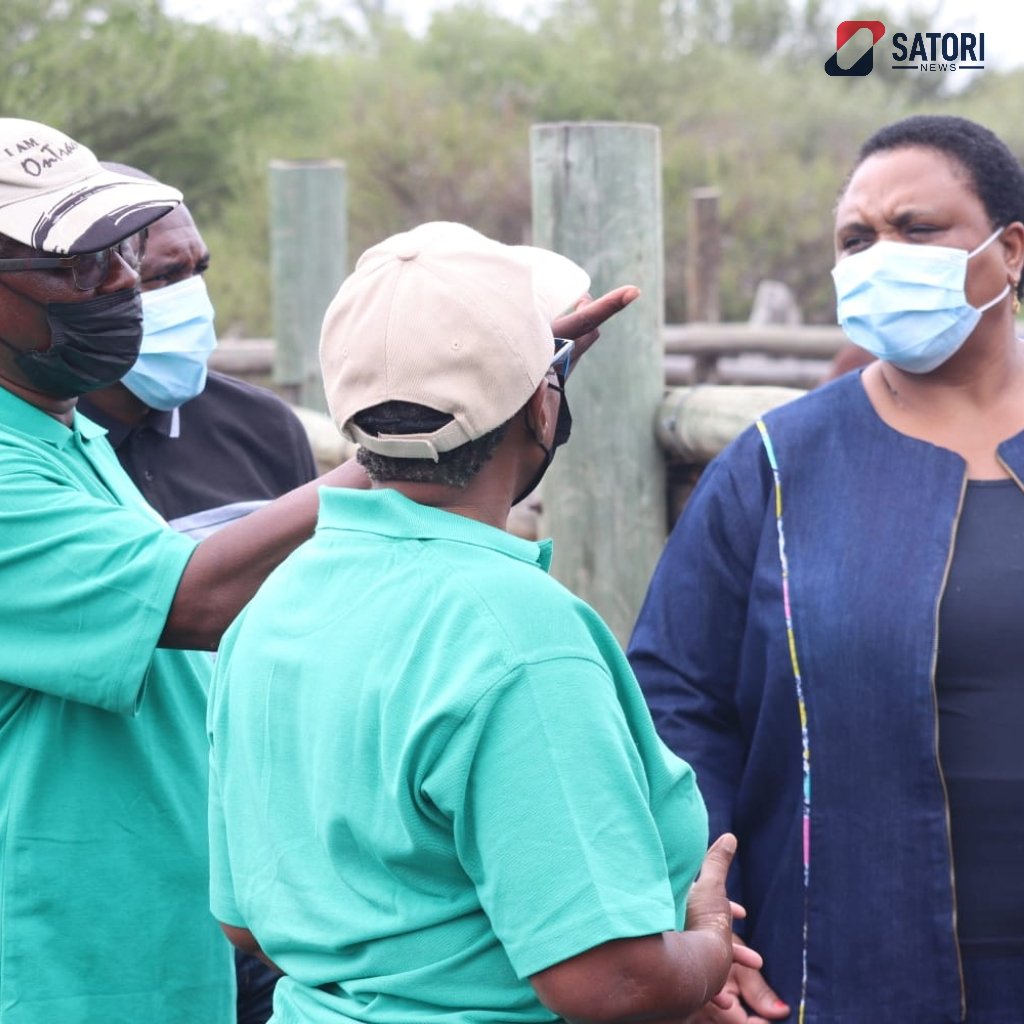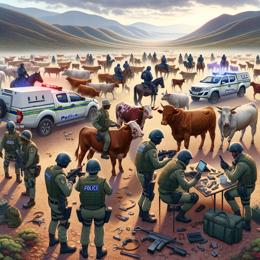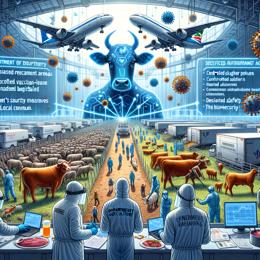Picture: for illustration purposes
Land Reform Fiasco: North West's R462m ‘Megafarm’ Plunged into Desperation
In the verdant Skeerpoort region of North West province, a land reform measure intended as a beacon of redress and economic opportunity teeters on the brink of failure. The Khutso-Naketsi Communal Property Association (CPA), embracing members such as centenarian Sina Modise, stands as a poignant testament to a megafarm initiative marred by the North West Department of Agriculture, Land Reform and Rural Development's (DALRRD) failure to release critical funds.
Conceived to transform a sprawling vegetable farm into a communal asset, the project aimed to shift control of 70 percent of the operation to the local community. Instead, due to an alarming cocktail of poor policy execution, departmental inertia, and alleged corruption, not only has funding not been disbursed, but the hopes and livelihoods of community members hang unsteadily, tethered to the whim of bureaucratic inefficacy.
Dissecting the DNA of the project's unraveling reveals complex layers. A problematic CPA model often imposes strenuous legal and business responsibilities on remote communities ill-equipped for such weighty roles. The ousted CPA committee constitutes a portion of this narrative, with allegations of siphoning R24-million without tangible community benefit, compounded by an irregular agreement threatening the CPA's primary land asset.
At the heart of these difficulties lies the DALRRD, which appears handcuffed by its internal processes and unresponsive to calls for accountability. Its delay in providing the post-settlement support funds is the fulcrum around which this tale of despair and dysfunction revolves.
Even more dire, the resultant underfunding gateways into contentious financial arrangements and court disputes, nudging the CPA precariously close to losing its land back to the previous owner— from whom it was originally purchased in a historic act of restitution. It is this very restitutive process which underscores the stark ironies of the situation: the intended redress translating into a cycle of disempowerment.
While the R462-million farm acquired in 2019 should have revolutionized the lives of Skeerpoort's beneficiaries, the standoff with DALRRD threatens to tarnish not just this CPA but the administration of land reform more broadly. The operational impasse underscores a CPA system fraught with widespread non-compliance, opacity, and neglect. The Khutso-Naketsi's tumultuous experience is not isolated but mirrors a national panorama where only a fraction of CPAs are effectively functioning.
Diligent watch over CPA resources appears scarce, as steady employment outlays and questionable expenditures bleed precious funds. Even within subsidiary ventures such as Damsig Poultry and others, a lack of transparency in financial dealings persists, with large sums of money inadequately tracked and beneficiaries denied their rightful dividends.
This narrative is one repeating across South Africa, where land reform projects, bought with taxpayer's money, fail to deliver their promise due to financial mismanagement, inadequate departmental oversight, and a systemic disregard for end-to-end support processes. Beyond the monetary loss is the erosion of trust and the deflation of community aspirations.
Despite this gloomy appraisal, one cannot negate the transformative potential inherent within CPAs, provided they are well-established and robustly supported. Scholars and researchers posit the need for sincere state commitment to nurture and administer CPAs, echoing the call of beneficiaries for state intervention that extends beyond the mere transaction of land.
Khutso-Naketsi's predicament amplifies the urgent call for a reimagined approach to land reform—one that advances genuine empowerment and sustainable management of South Africa's rural assets. Without this, aspirations for redress remain just that—aspirations, while precious land and opportunities wither in the bureaucratic shadows.










